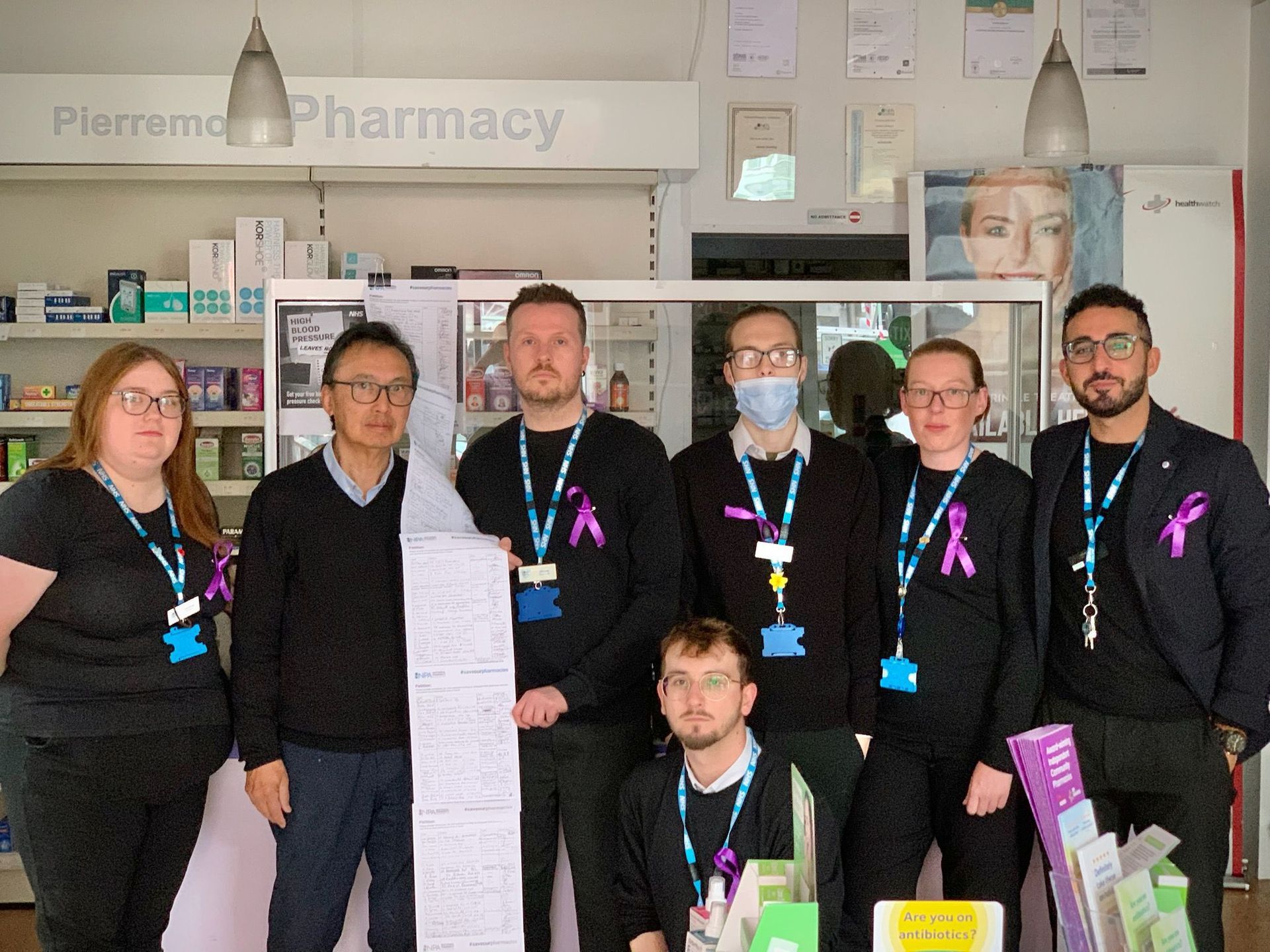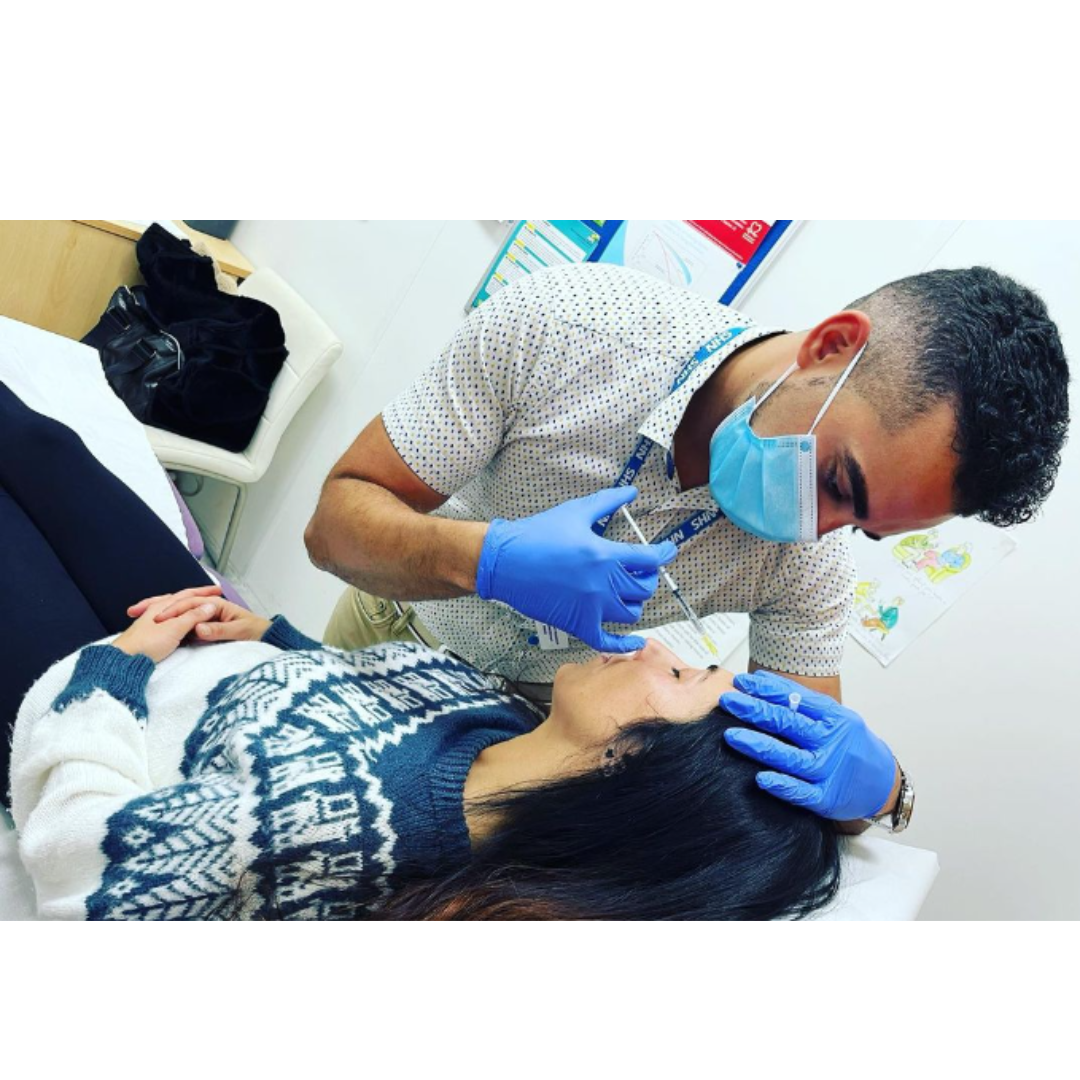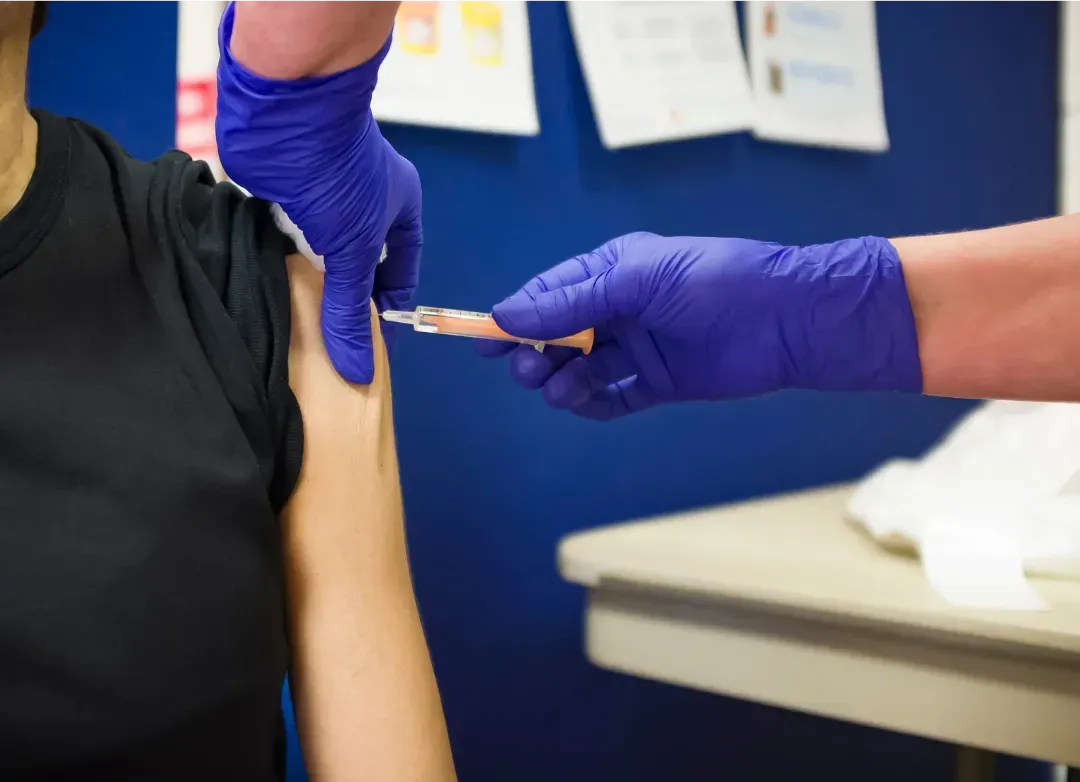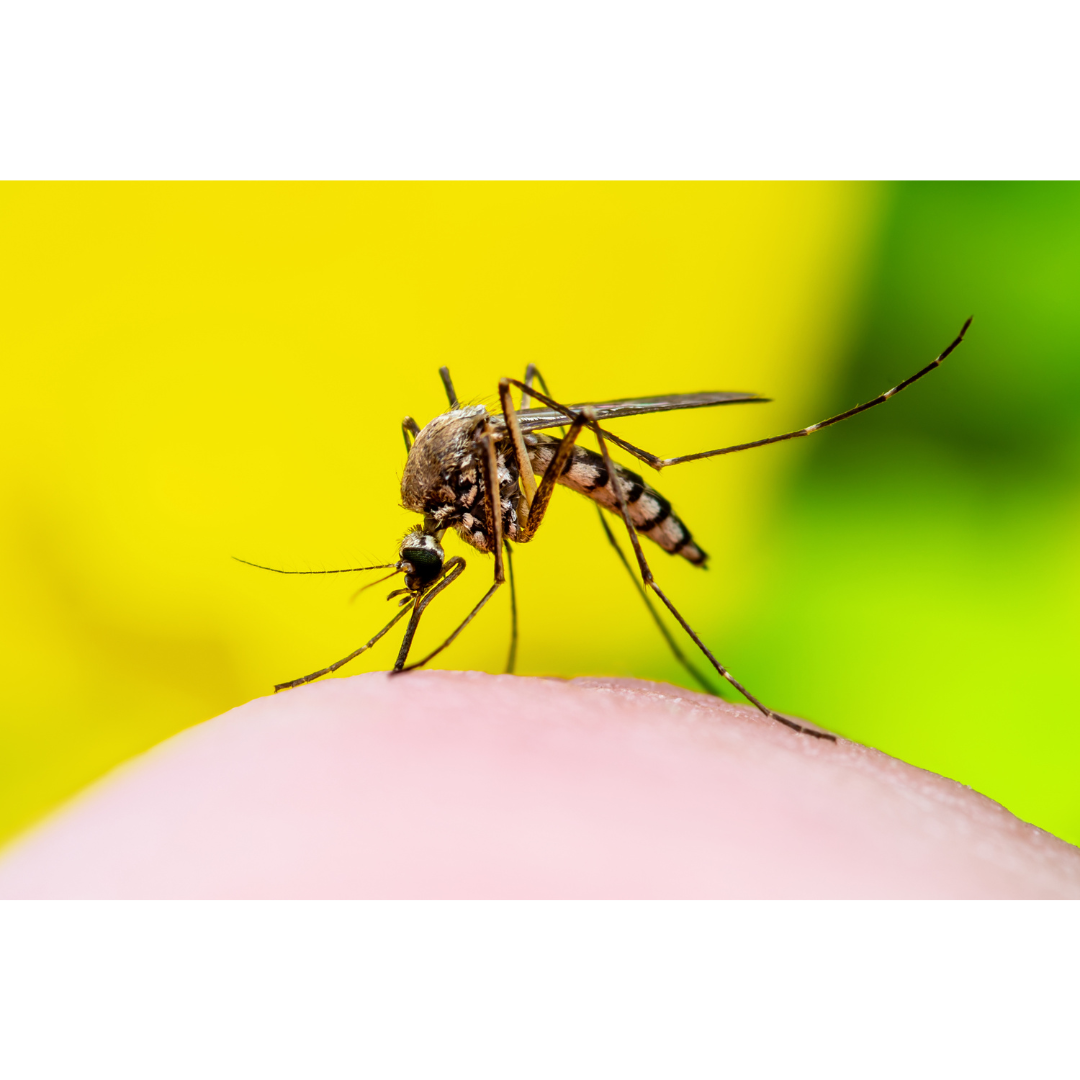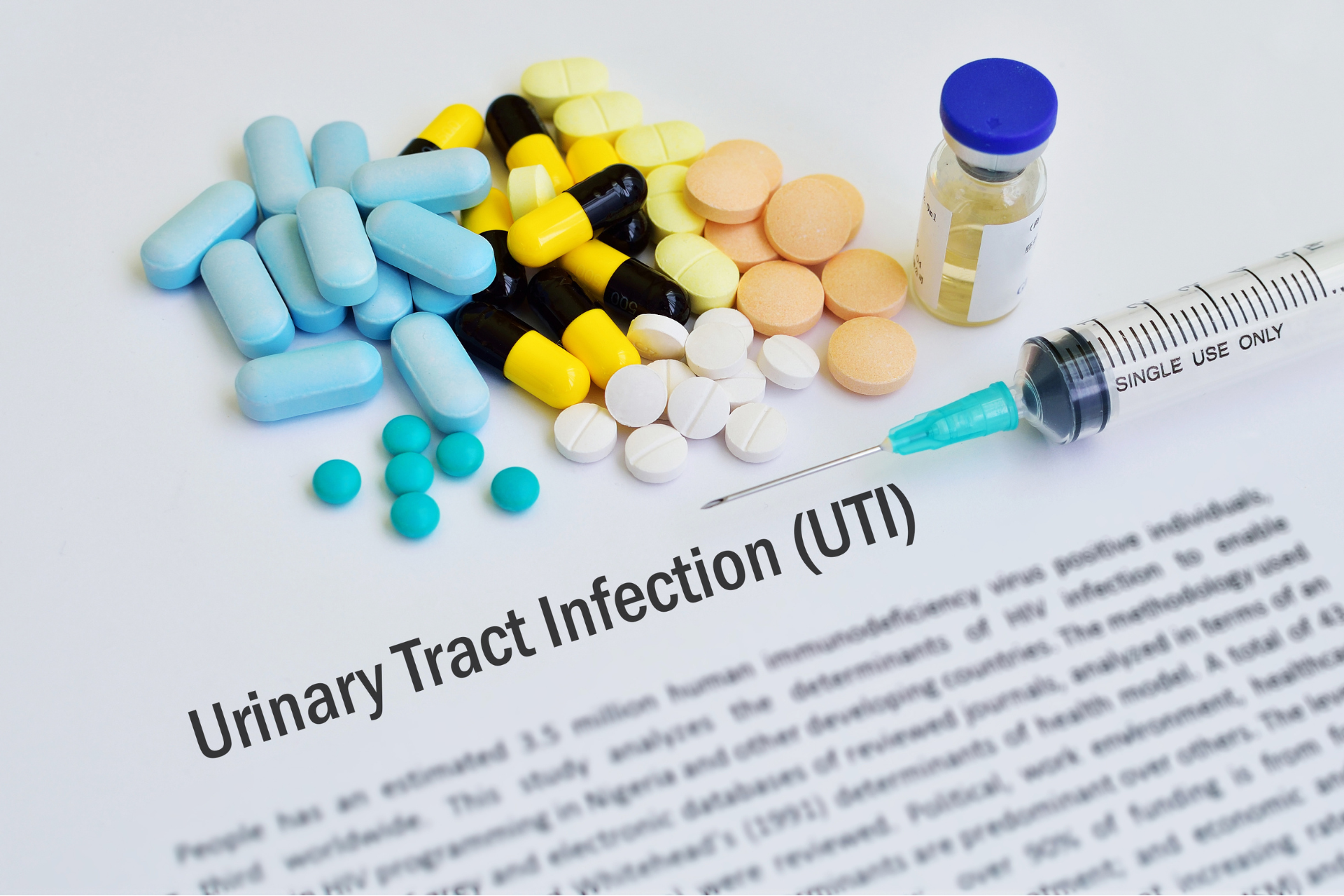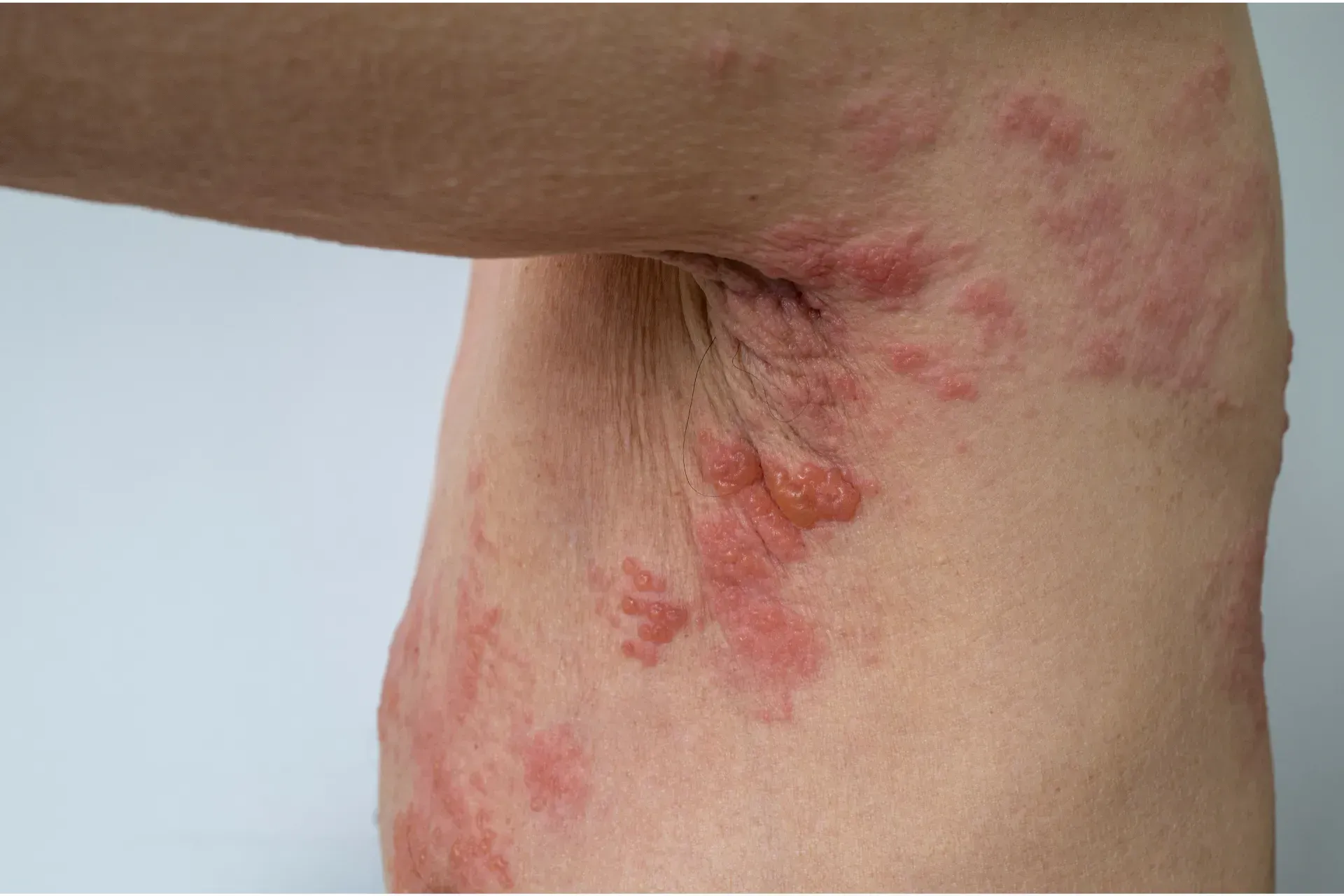Pharmacy first – Impetigo

Impetigo is an extremely contagious bacterial infection: meaning, it’s a bacterial skin infection that’s easily transmitted through direct contact with another person. While impetigo can occur in people of any age, it mainly affects children and young infants. This prevalent skin condition is covered under the new NHS Pharmacy First service now available at Pierrepont Pharmacy. Pharmacy First enables our pharmacists to provide the same advice and treatment options a GP would offer.
Commonly the bugs (bacteria) which cause Impetigo are Staphylococcus aureus (staph) and Streptococcus pyogenes (strep). Normally, Impetigo is a mild and non-threatening condition, but seeking treatment is crucial if you suspect yourself or a loved one has the condition. Without intervention impetigo, can spread, or lead to further complications which we’ll delve into later. Immediate help is available through Pharmacy First by booking an appointment with our qualified pharmacist who can diagnose you and provide treatment options for many minor ailments including Impetigo.
To book and more information about Pharmacy First:
Symptoms of Impetigo
- Red sores (non-bullous impetigo)
- Blisters (bullous impetigo)
- Enlarged lymph nodes.
- Fever
- Itchy / painful skin lesions
The two types of Impetigo
Prior to examining the symptoms it’s crucial to grasp the distinctions between the two types of impetigo you may contract as they can vary slightly. Bullous and non-bullous: effectively you either develop blisters or you don’t. Bullous impetigo is with blistering, these blisters are large, clear, or yellowish in colour, typically delicate and prone to rupture. Often leaving behind thin golden brown crusty skin. Bullous impetigo is less common though its important with both types not to refrain from touching the affected skin as this helps mitigate the spread of this highly contagious condition.
Non-bullous impetigo (the most prevalent form) lacks blistering. it presents itself as red sores scattered the body. This type of impetigo is more widespread affecting a larger area; sores will eventually follow the same course as the blisters of bullous impetigo. Turning into a crusty brown coloured scab. Non-bullous impetigo can be hard to initially detect thus, making it a far easier to spread.

Treatments for Impetigo
Treatment options for impetigo revolve around tackling the symptoms so your body can fight the infection more easily. Therefore, treatment options include:
- Topical antibiotics
- Oral antibiotics
- Hygiene advice
- Over-the-counter medications
- Follow-up consultations
Topical antibiotics. This type of antibiotic is available in a cream form which will help to prevent infection by killing the bacteria causing the impetigo. Topical antibiotics can curb the spread of impetigo to other areas of your body as well as other people. Topical antibiotics will often also alleviate other impetigo symptoms such as itchy skin.
Oral antibiotics. These are not as frequently prescribed as the topical treatments. Typically, oral antibiotics are reserved for severe cases of impetigo and/or use during an outbreak. Once the impetigo infection has spread across many people, or when the case of impetigo is severe in an individual, topical antibiotic creams do not provide adequate relief. Oral treatments can be more effective as they can combat bacteria throughout your entire body system not just on the surface of the skin.
Hygiene advice. Practical guidance on good hygiene practices is easily and readily given to most patients. This could include advising on measures to prevent further irritating the affected area or more detailed advice about general hygiene routines that a person could adopt to help reduce transmitting of the disease. In extreme (but very rare circumstances) local populations may be instructed to avoid going into school or work for a period to help limit the potential spread of the disease. Rest assured this is extremely unlikely to be required.
Over-the-counter medication. Certain medications are available without prescription. These may be helpful in reducing symptoms associated with impetigo. For instance, pain relievers such as ibuprofen can effectively manage pain.
Follow-up Consultations Monitoring will be provided as necessary, so that impetigo can be tracked in case further treatment becomes necessary, or a referral to a specialist is indicated. This course of action is reserved for instances when the impetigo is considered too severe to respond to standard treatments and falls outside the treatment options available to a pharmacist.
Complications of Impetigo
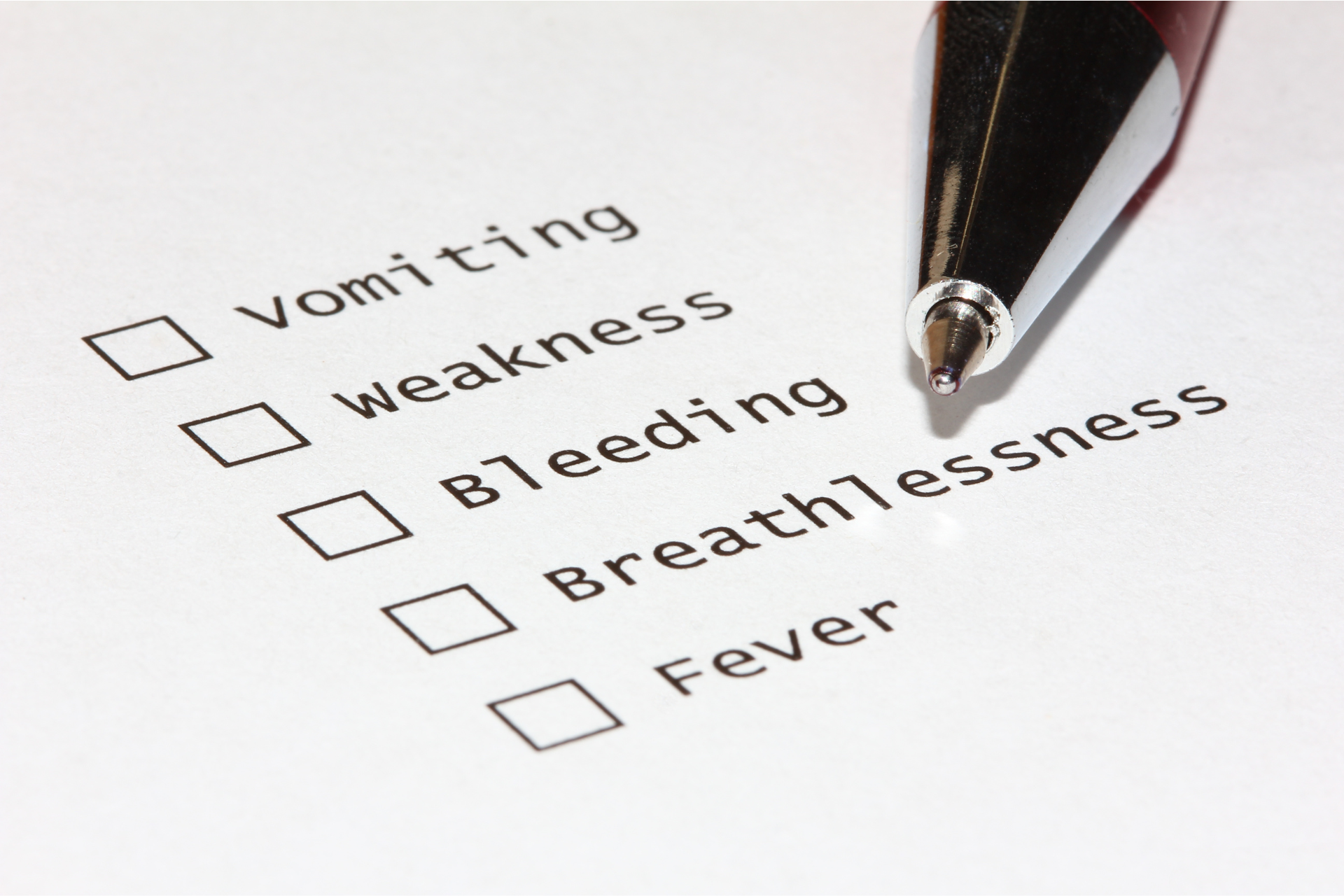
Impetigo can cause various complications. (This is rare) Examples are:
- Cellulitis
- Scarlet Fever
- Psoriasis
- Septicaemia
- Staphylococcal
- Post-streptococcal glomerulonephritis
Failure to address these issues can result in serious health complications. Although they may be uncommon, understanding the potential risk can help prevent these health complications from occurring. For instance, cellulitis, is an infection of the deeper layers of skin and underlying tissue. Cellulitis can cause serious bodily harm, including the potential to cause major tissue damage. Patients who develop any of the above complications of impetigo must be referred to a specialist.
Who is at risk?
As mentioned, impetigo is a condition that can affect all ages but most commonly occurs in infants and young children. Being a bacterial infection, impetigo is also tends to affect people with poor immune systems, rendering them less capable to fight the infection. Furthermore, since bacteria thrives in humid and warm environments, there are more cases of impetigo in countries with these climate conditions. Other factors that can make an individual more vulnerable to impetigo are people with other pre-existing skin conditions or generally compromised skin. This could include people with eczema, psoriasis, or dermatitis for example.
How can NHS Pharmacy First help me?

NHS Pharmacy First can help you with impetigo. Patients can now seek FREE NHS treatment and advice directly from their local community pharmacy. (Pierremont Pharmacy is a great choice!) No need for a GP appointment. We can provide patients with medication when appropriate to treat any of the seven common conditions that this service covers. NHS Pharmacy First has changed the way the country can access healthcare.
Feel free to book an appointment or simply pop in and speak to our award-winning pharmacy team:
Conclusion
In summary, impetigo, a highly contagious bacterial skin infection, presents risks to individuals of all ages, with children and infants being particularly vulnerable. Fortunately, the new NHS Pharmacy First service now available at Pierremont Pharmacy offers accessible diagnosis and treatment options for this condition, mirroring those provided by general practitioners. This is a FREE NHS service.
Recognising the symptoms, which include red sores, blisters, enlarged lymph nodes, fever, and itchy or painful skin lesions, is crucial for timely intervention.
Understanding the two main types of impetigo, bullous and non-bullous, facilitates appropriate management and preventing the spread of the infection.
Treatment approaches commonly include the use of topical or oral antibiotics, alongside hygiene advice and over-the-counter medications to alleviate symptoms and prevent further transmission.
Although impetigo is usually mild, complications such as cellulitis, scarlet fever, psoriasis, and systemic infections can arise, particularly in individuals with compromised immune systems or underlying skin conditions. Awareness of risk factors and proactive management are essential for mitigating the impact of impetigo on individuals' health and well-being.


